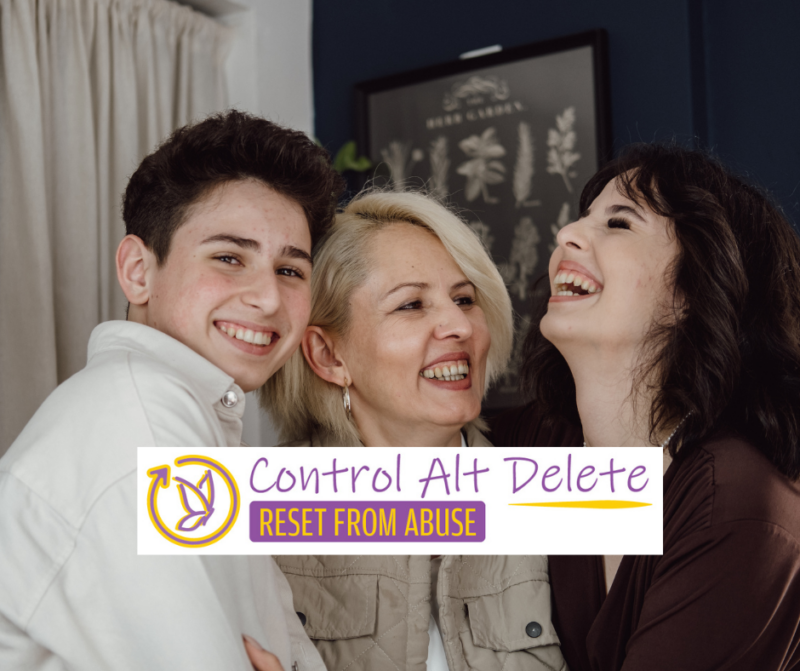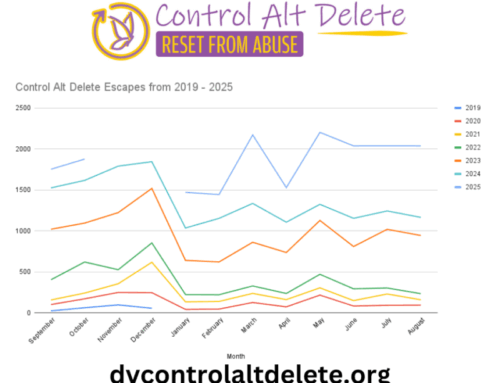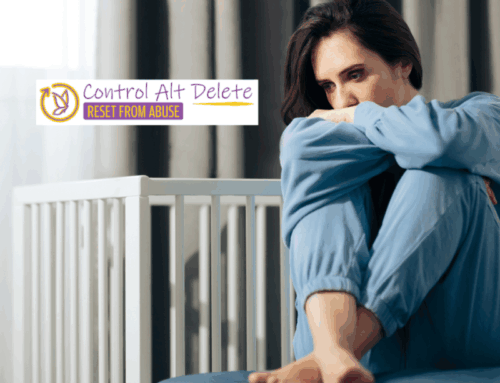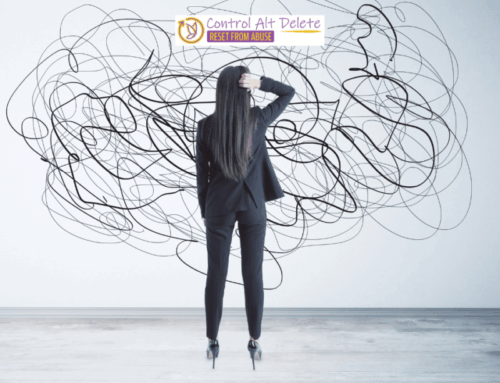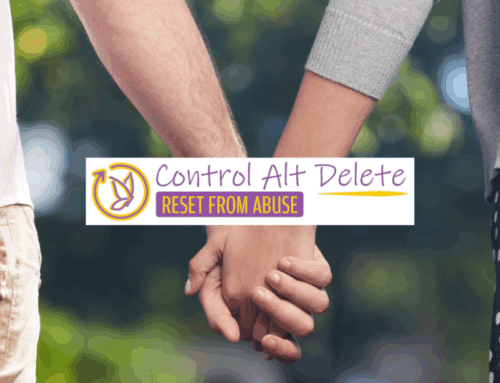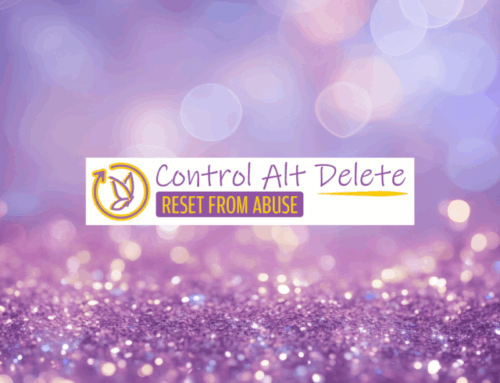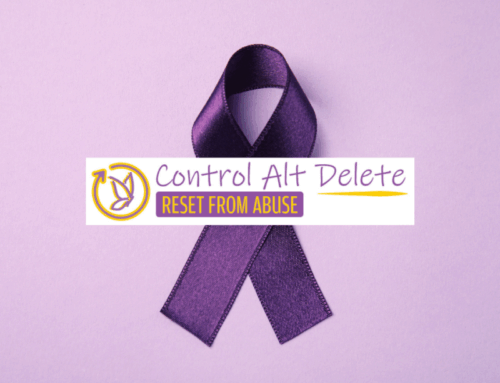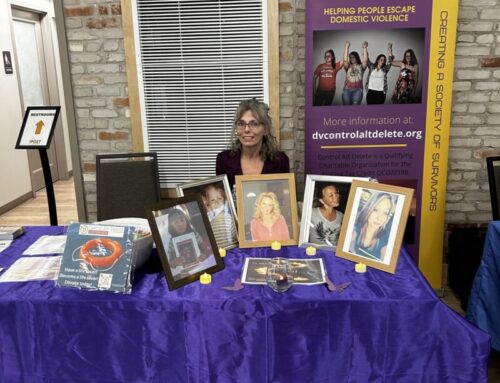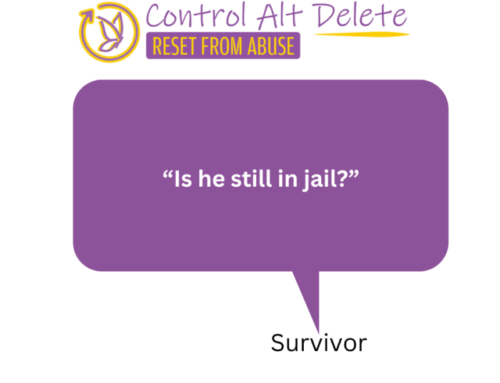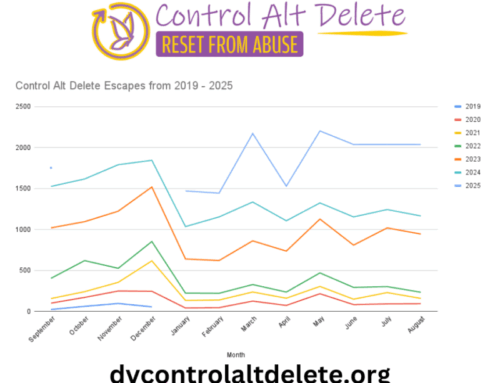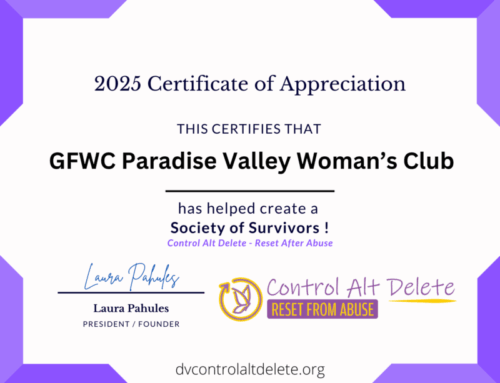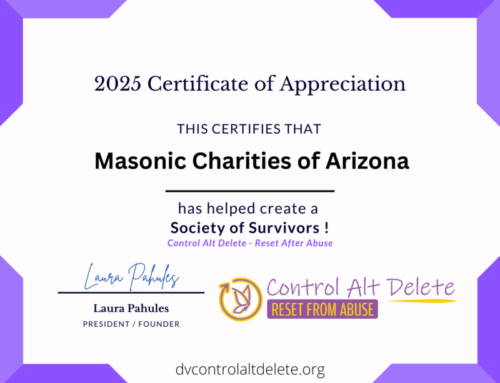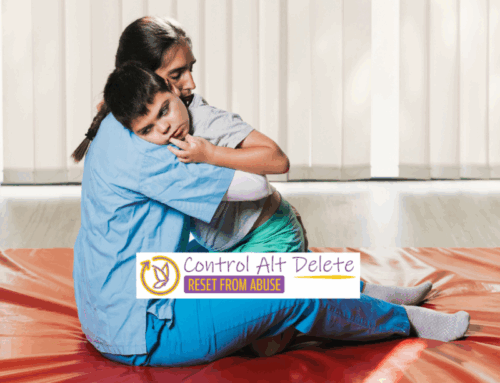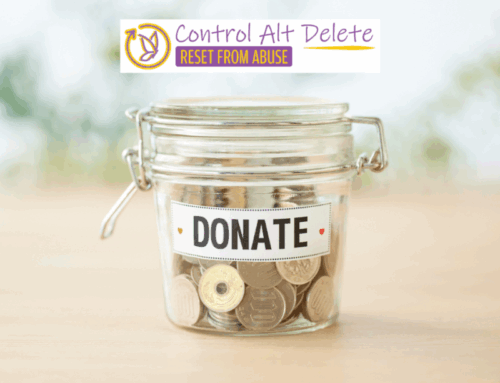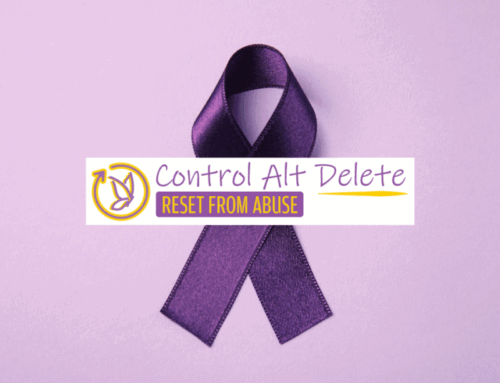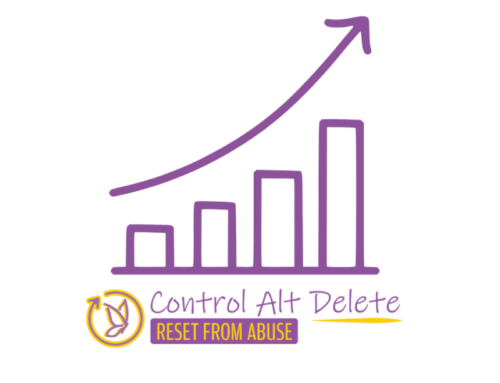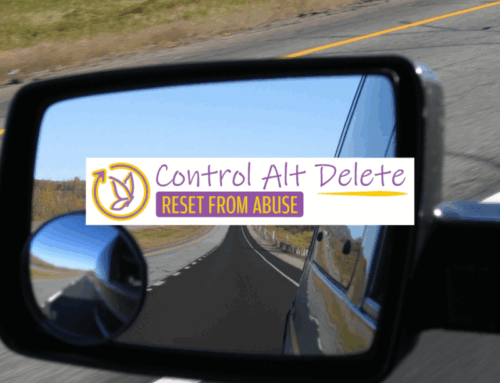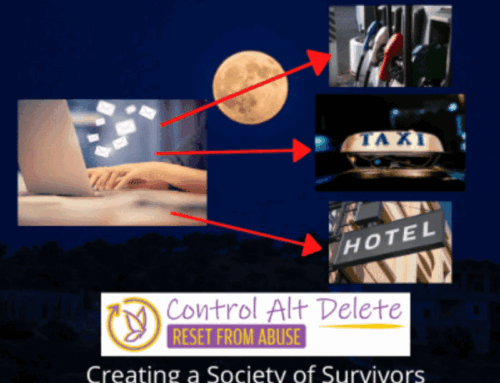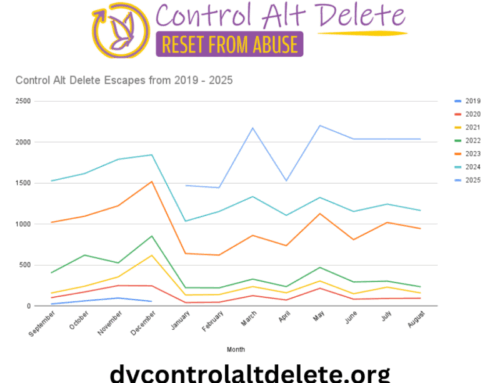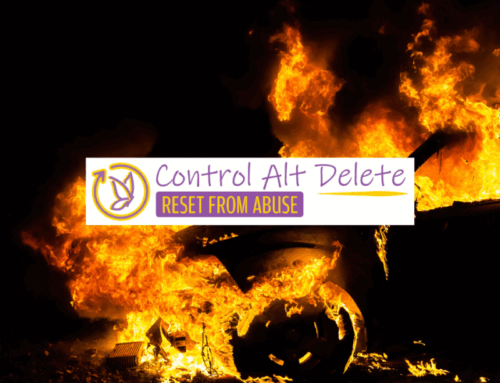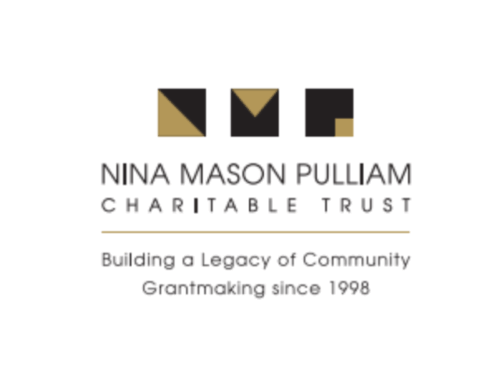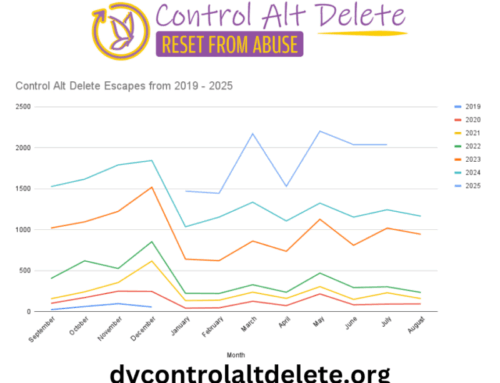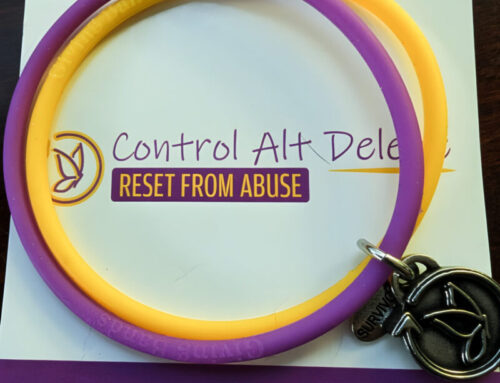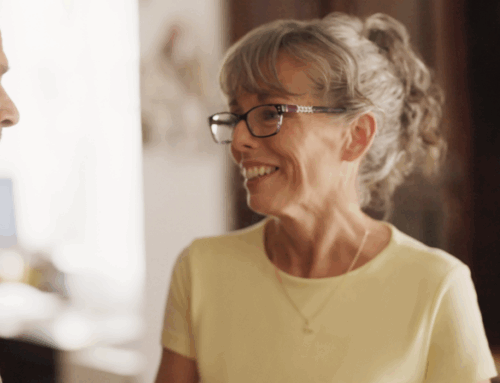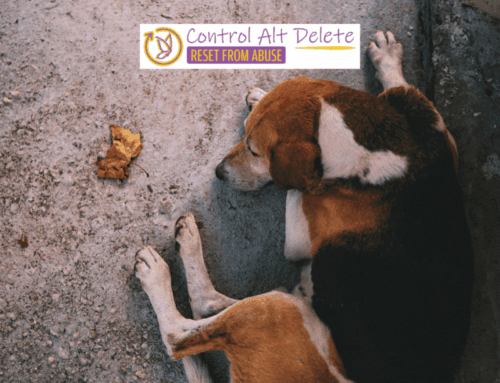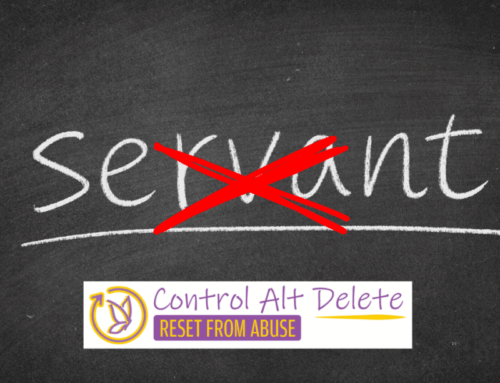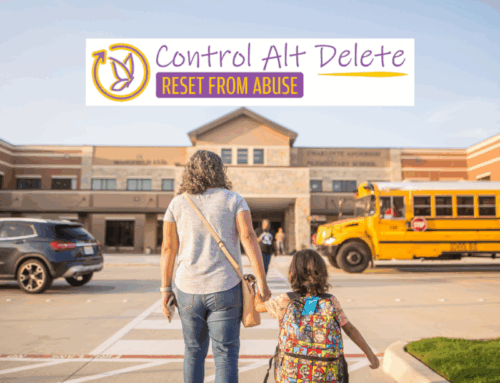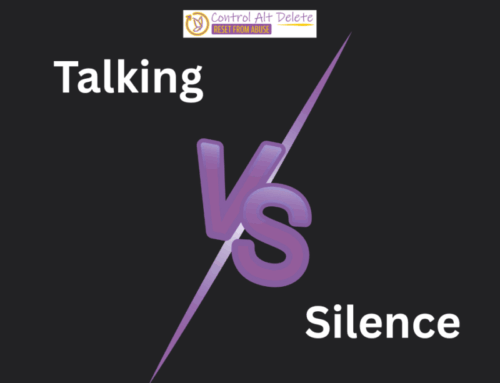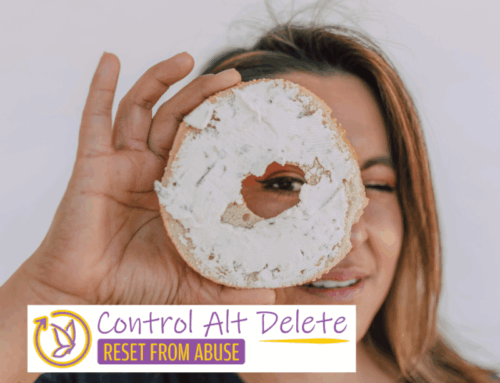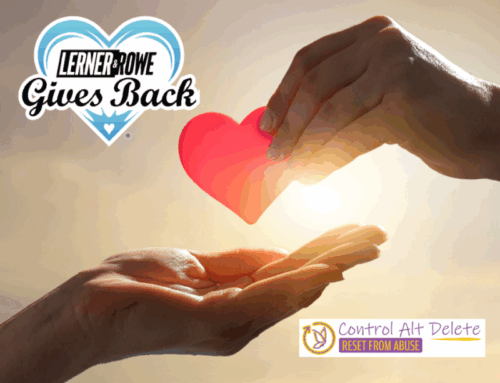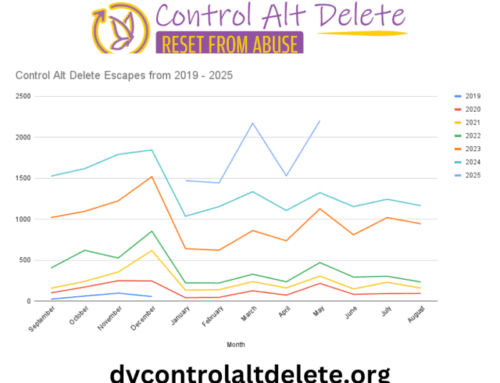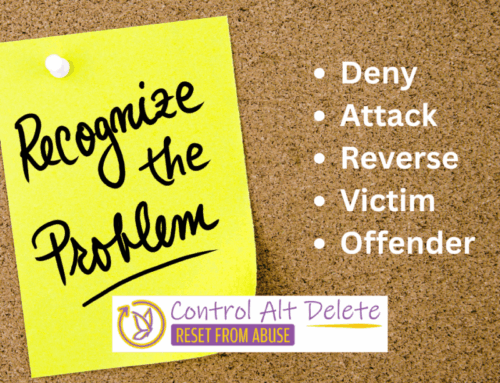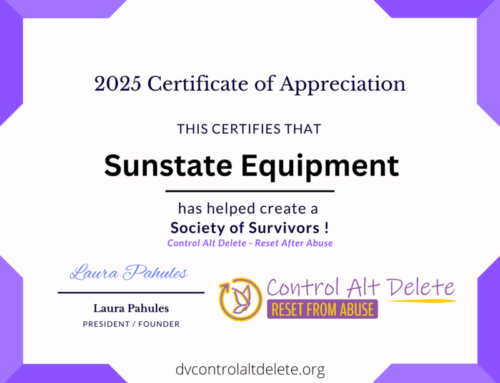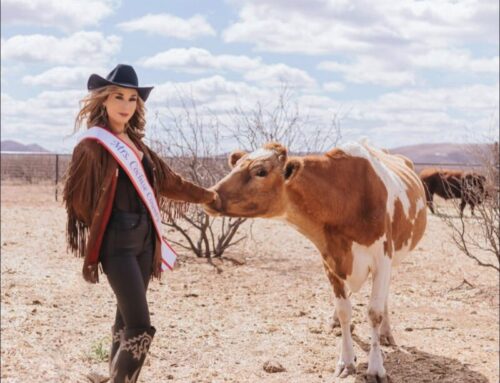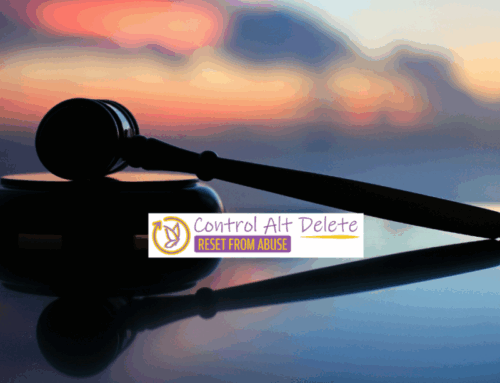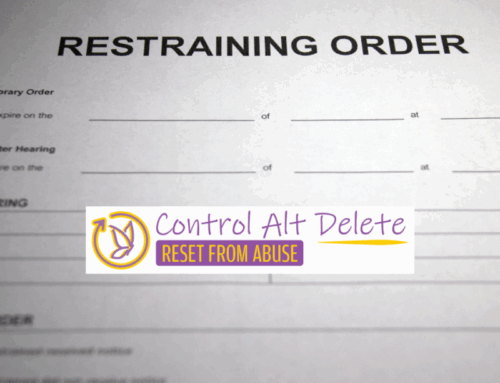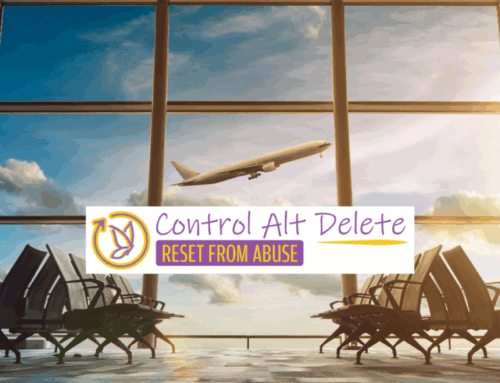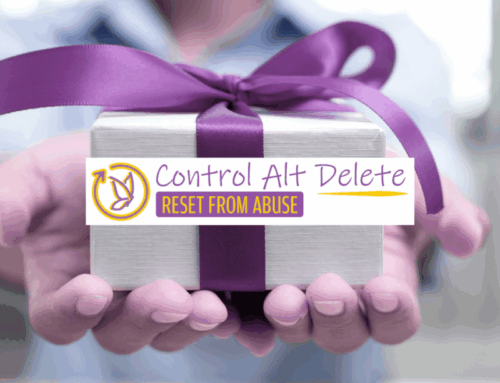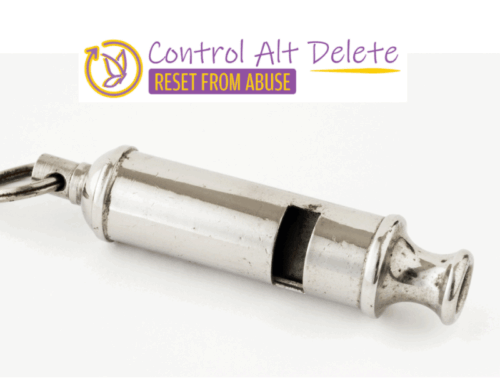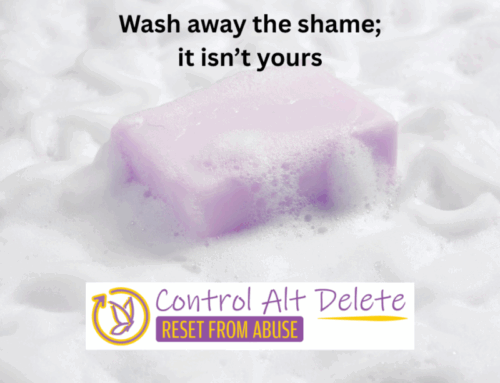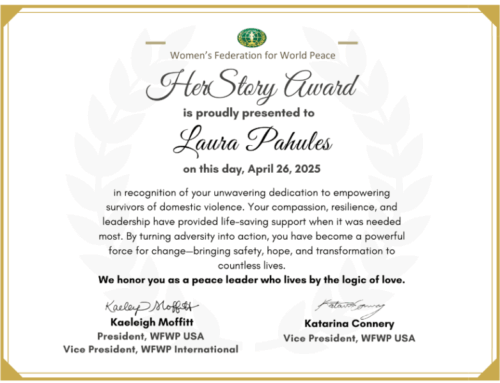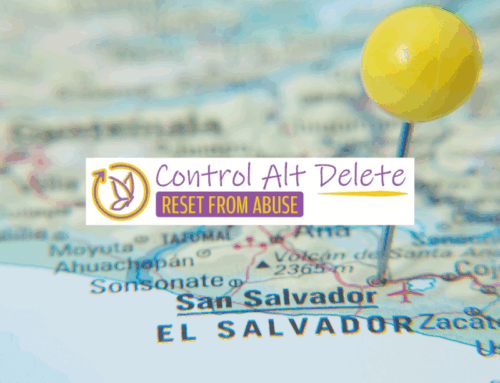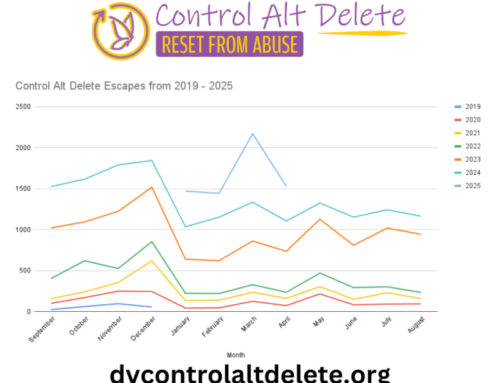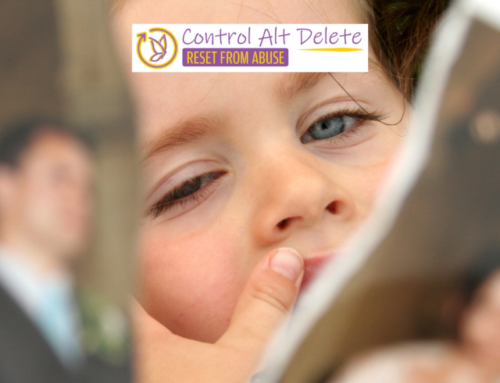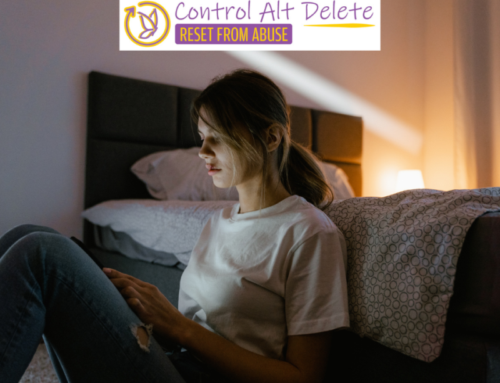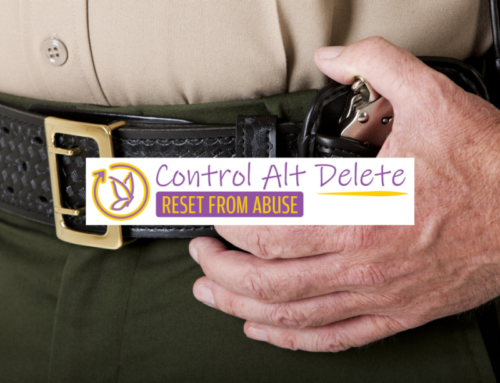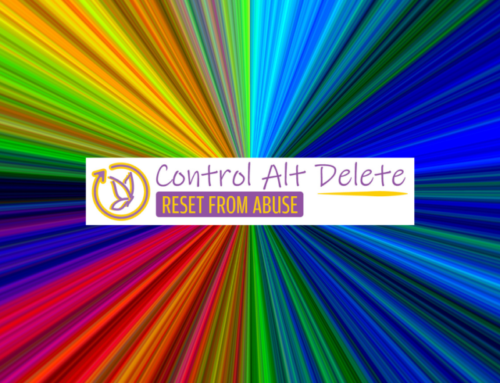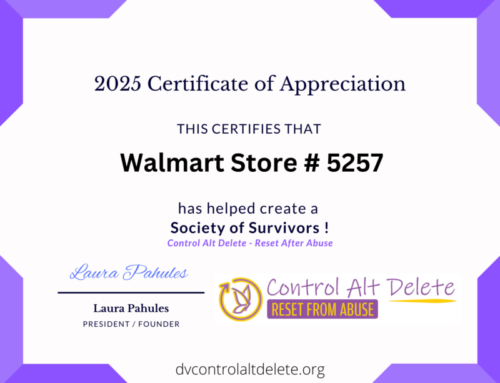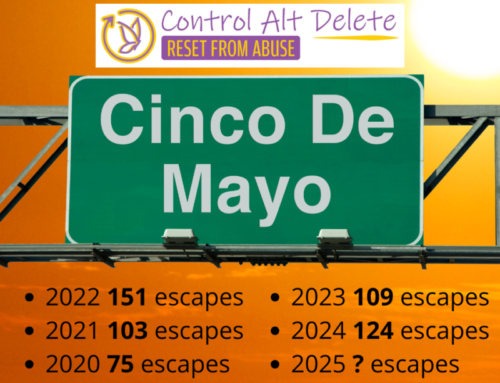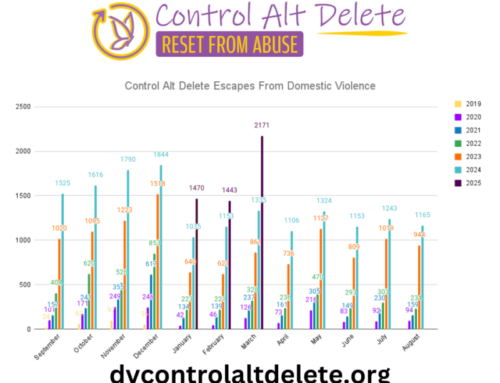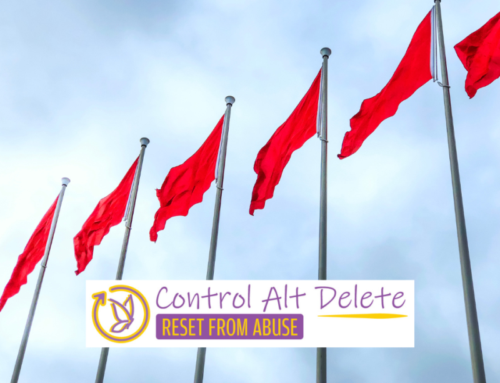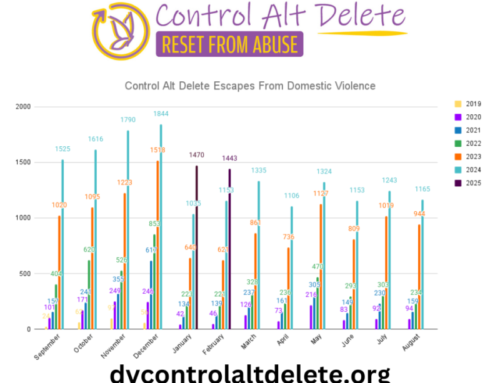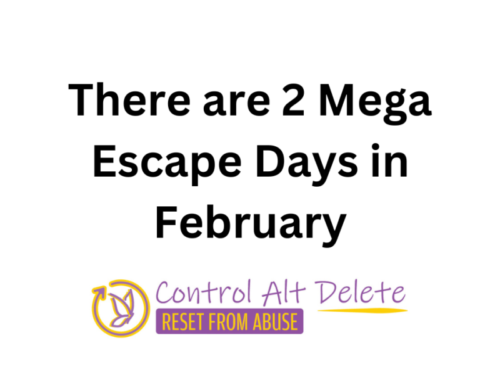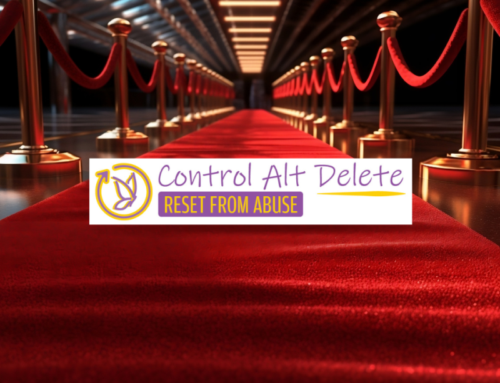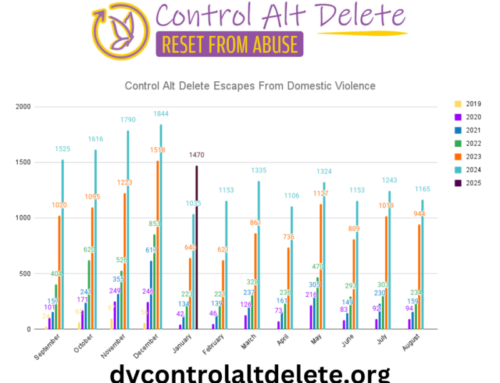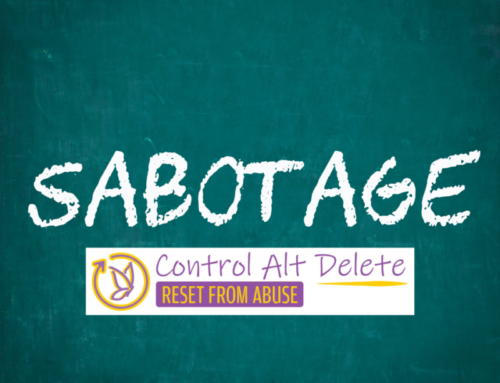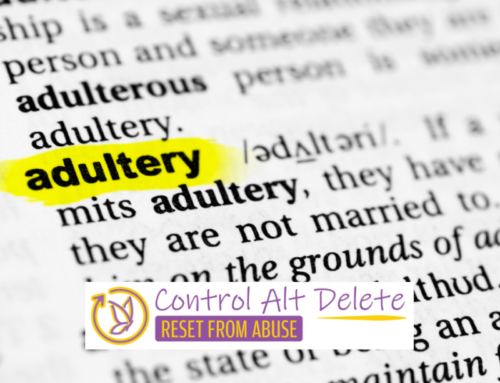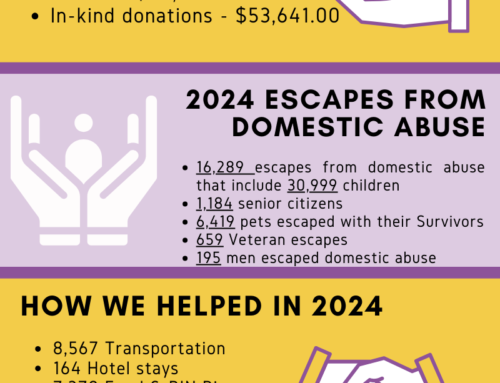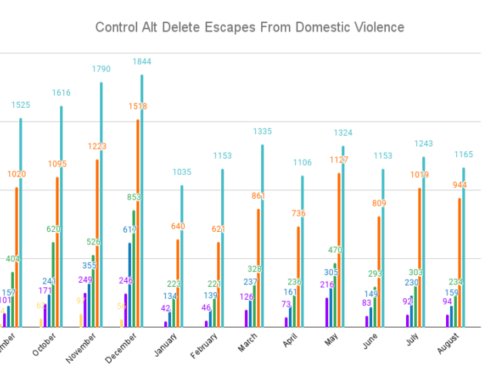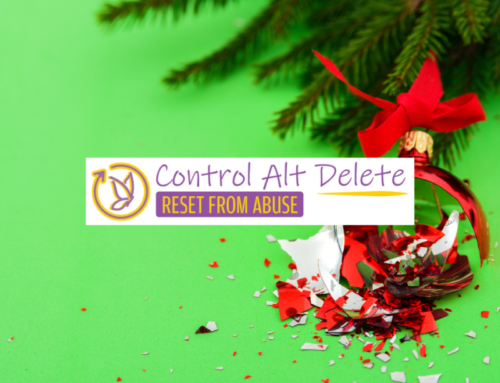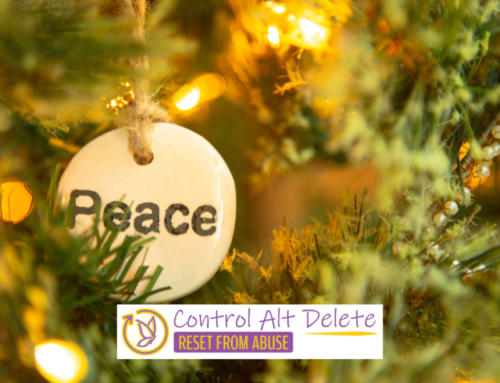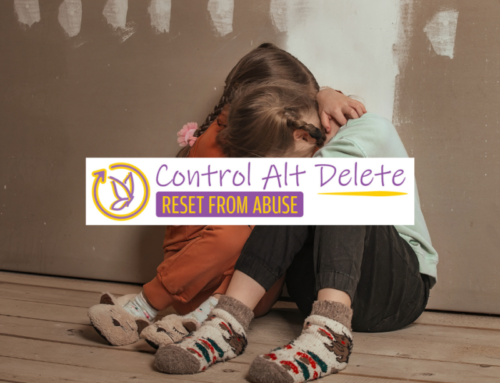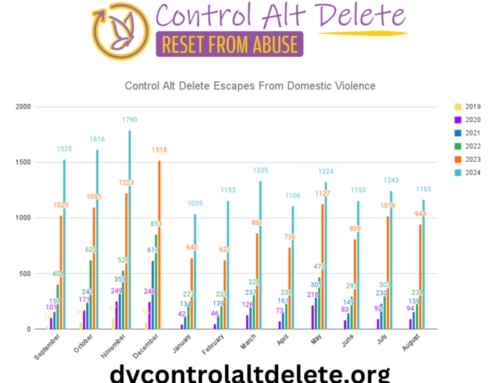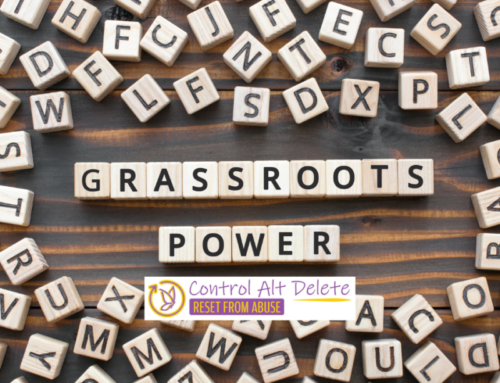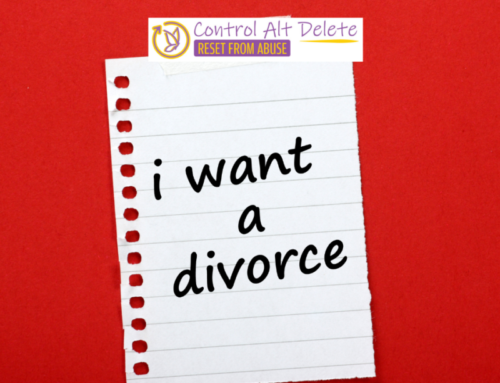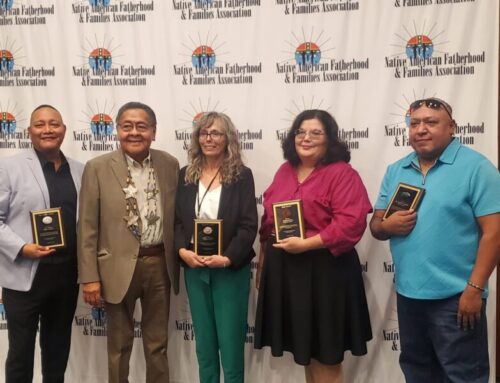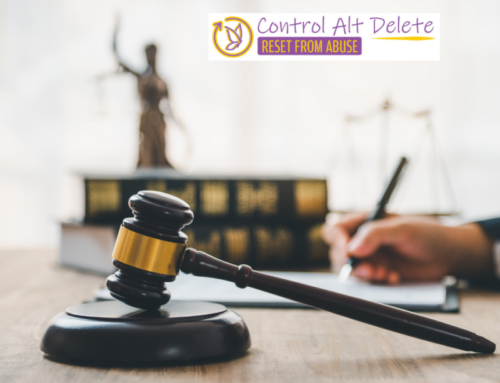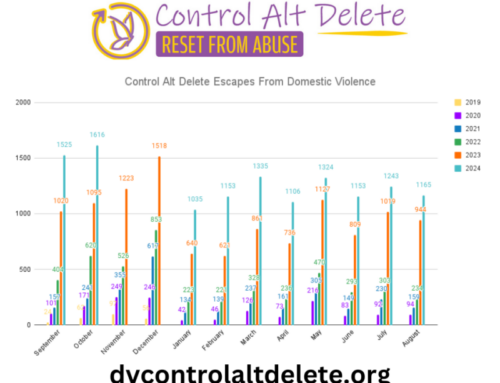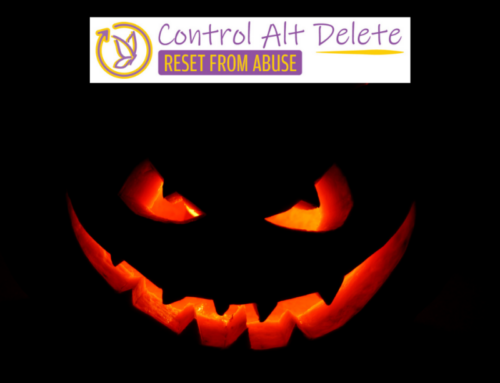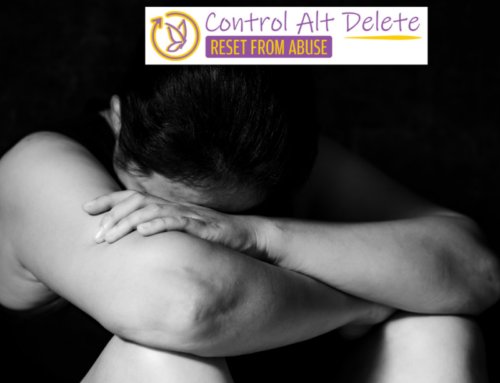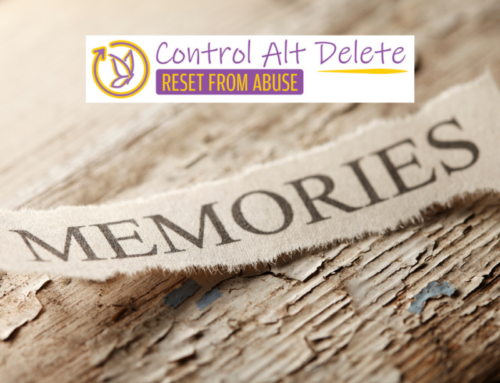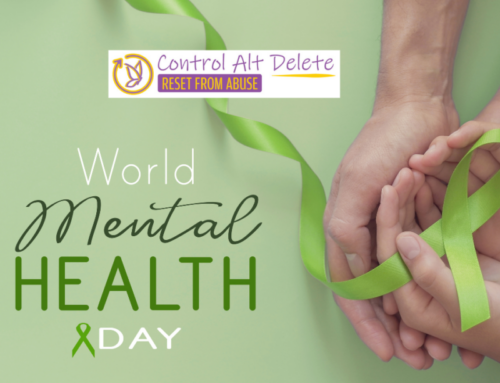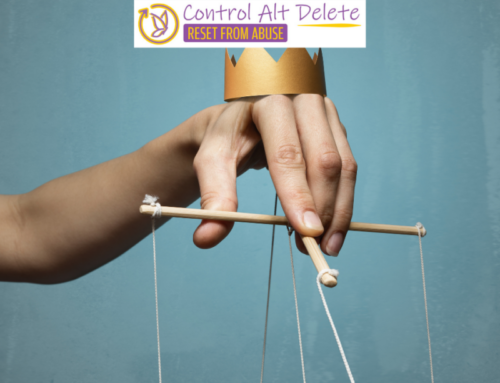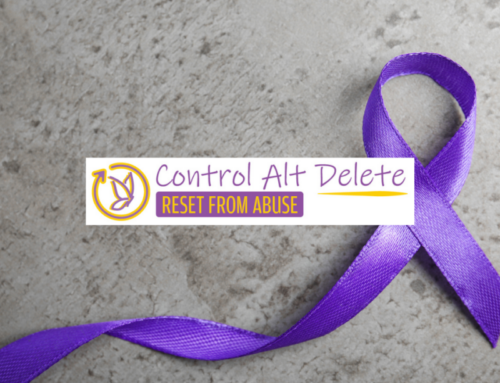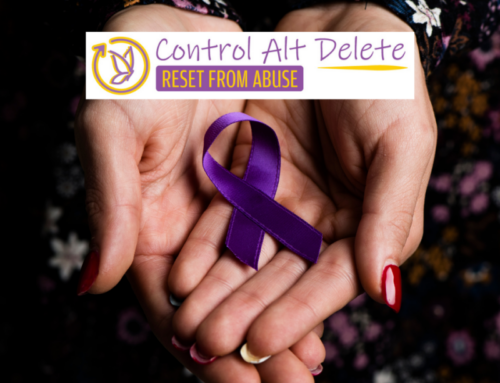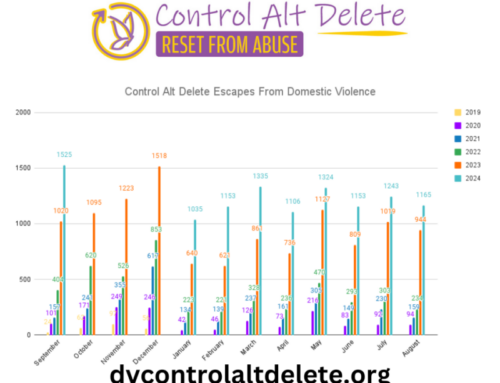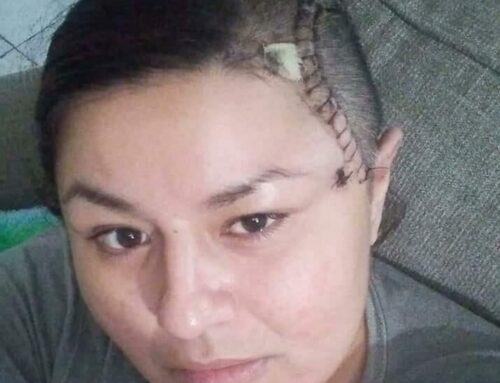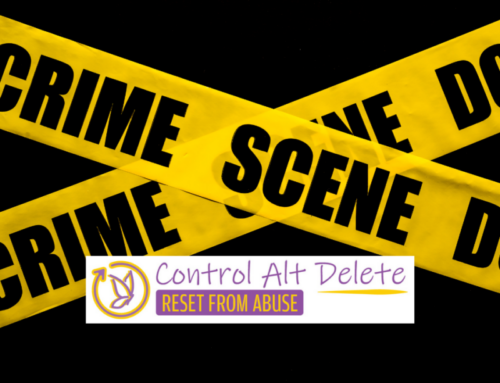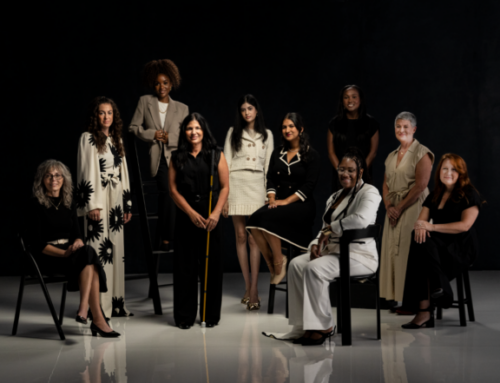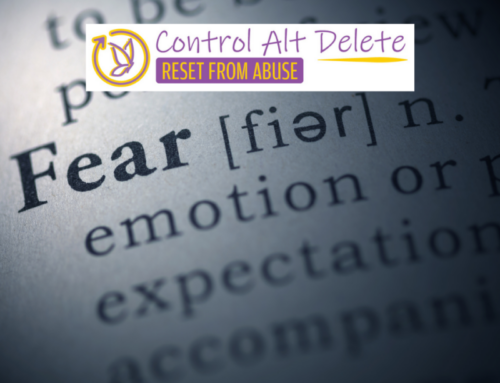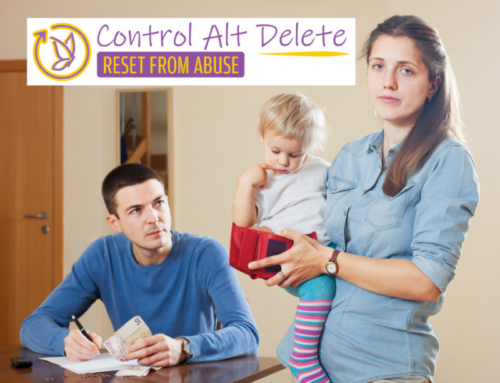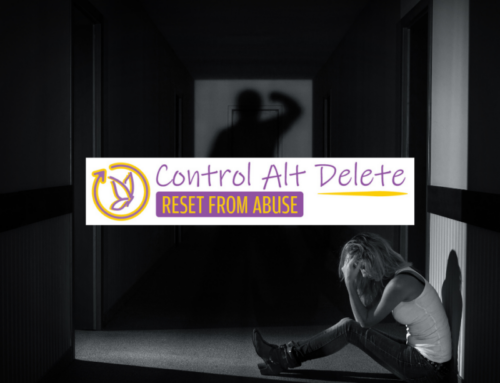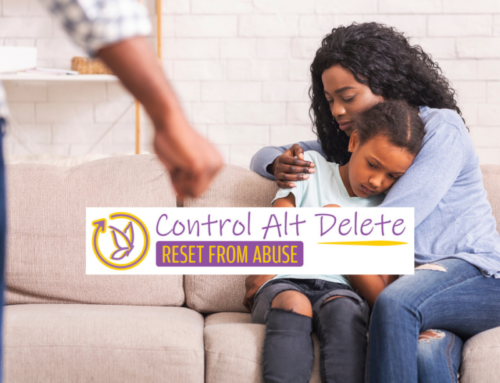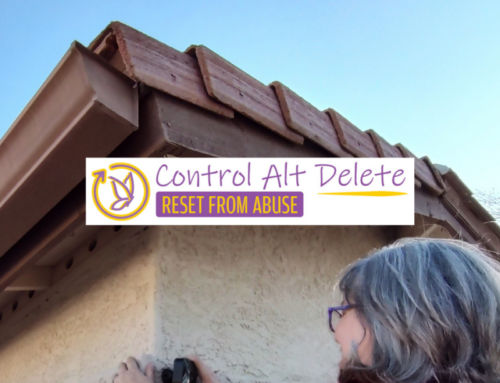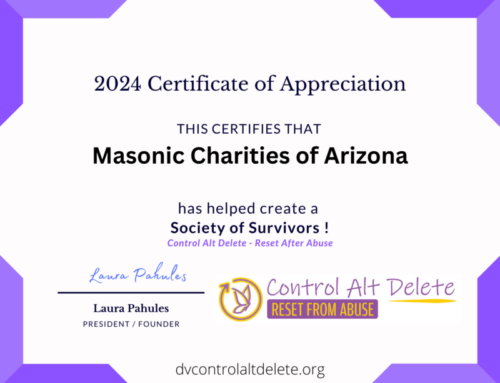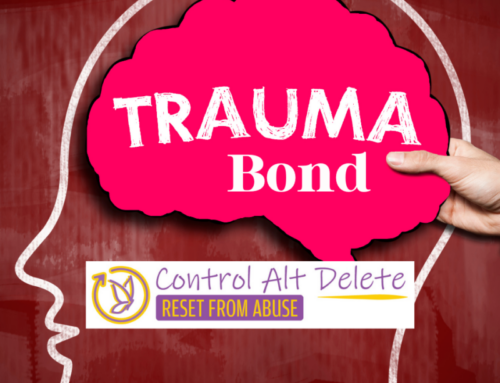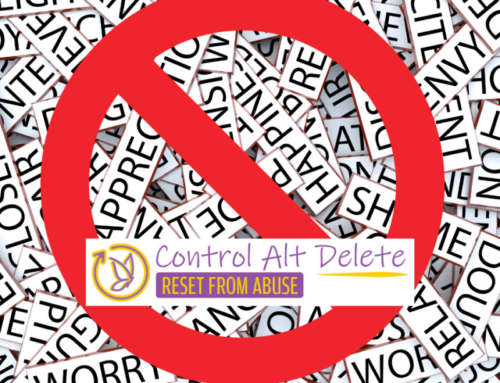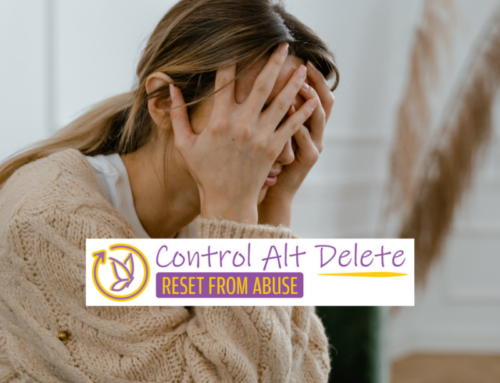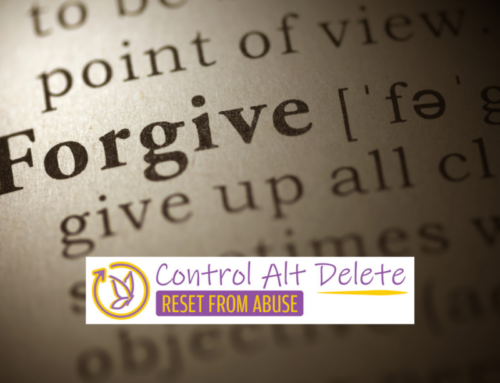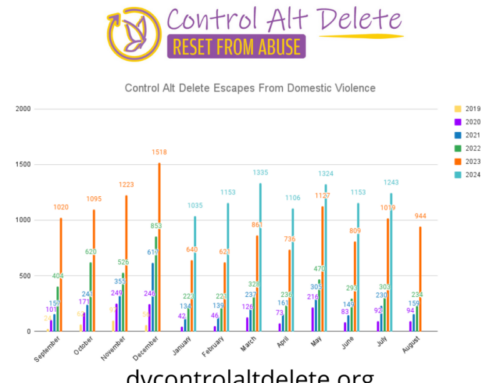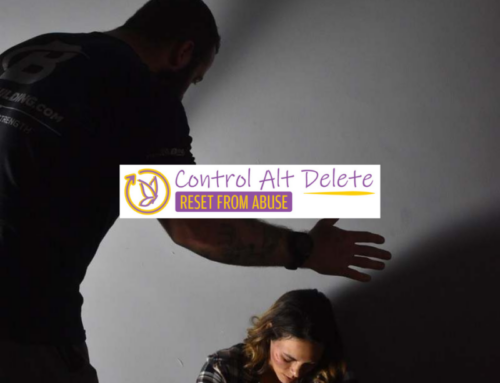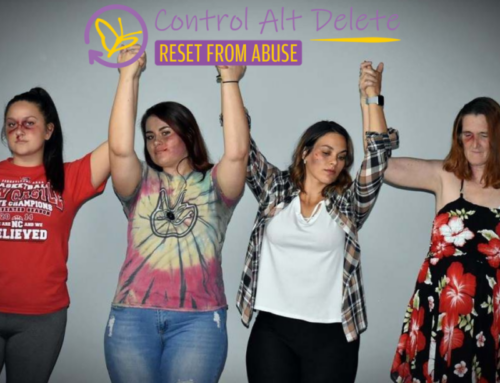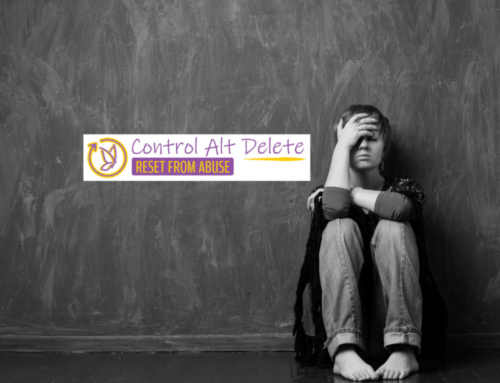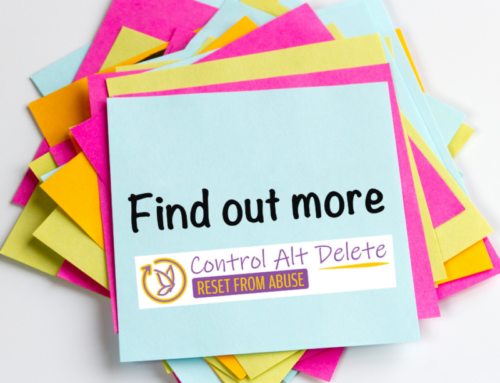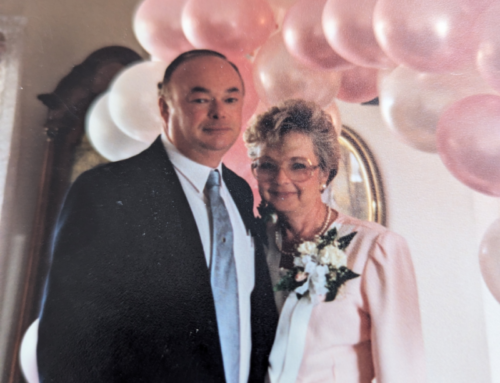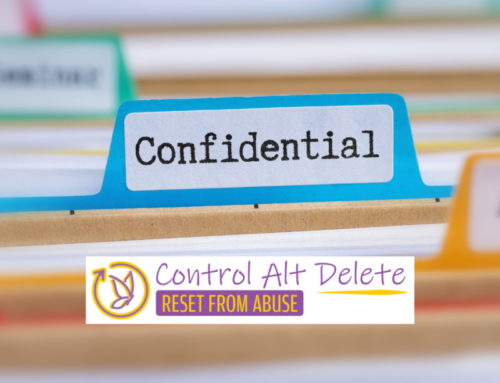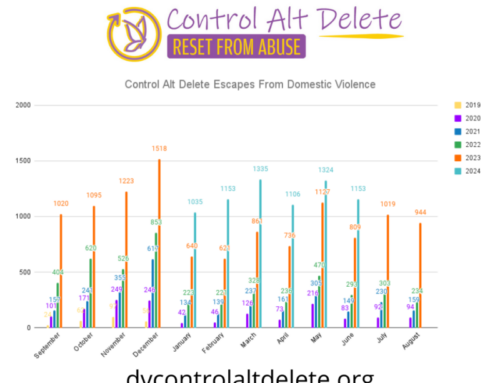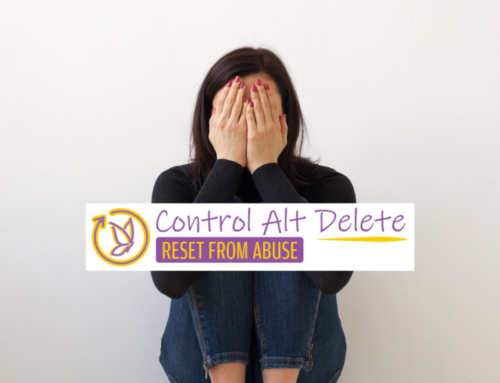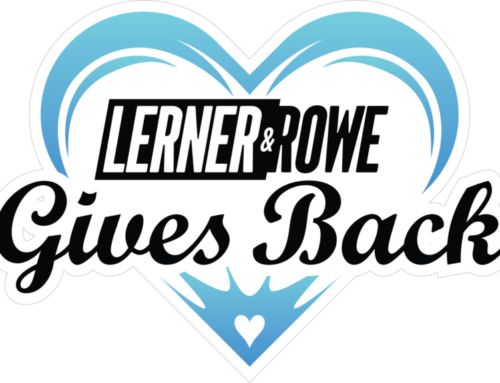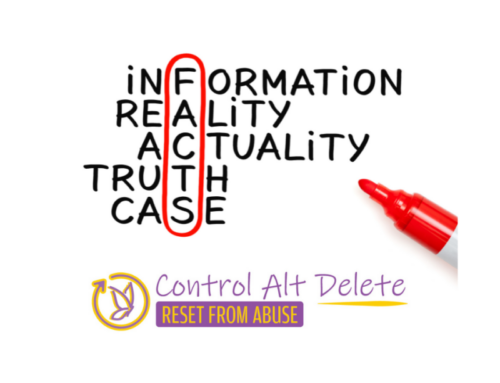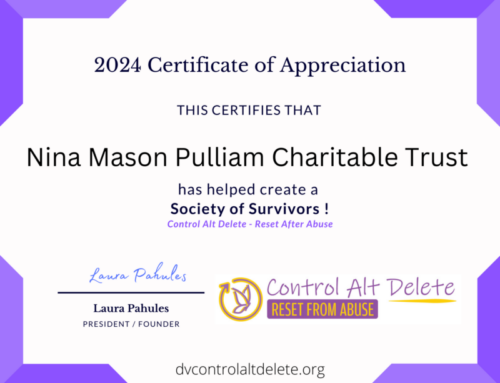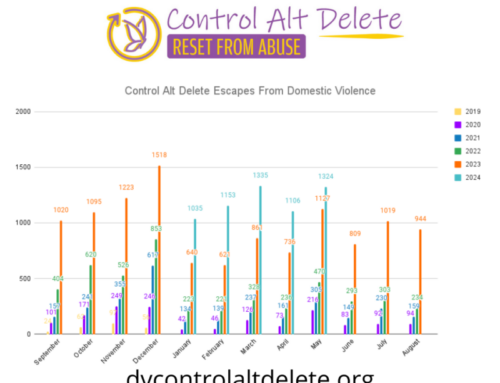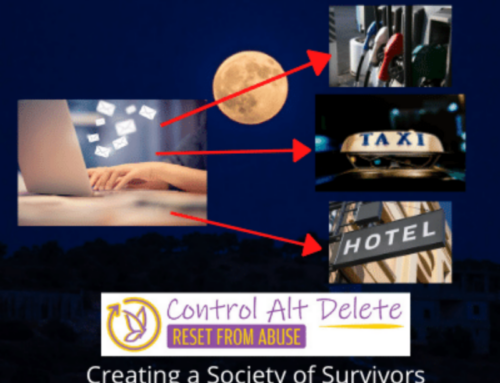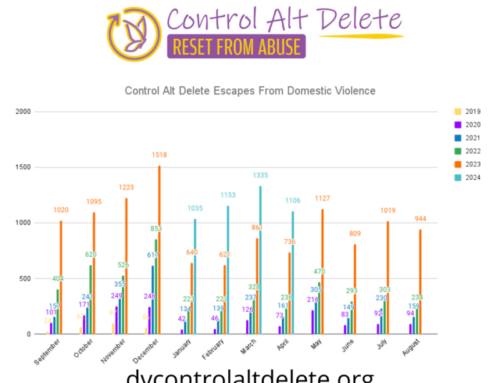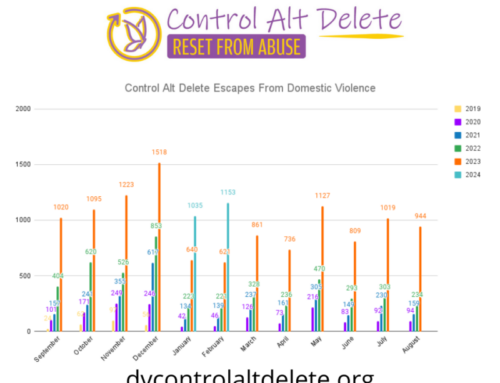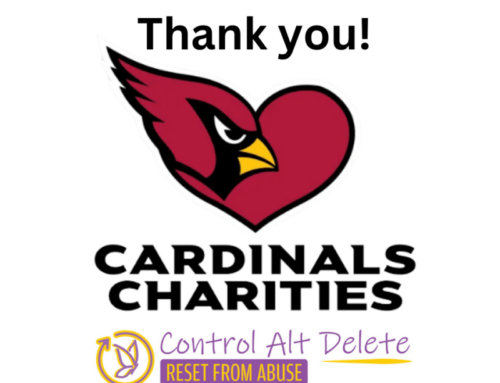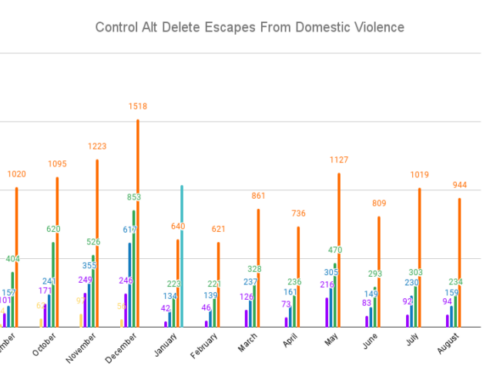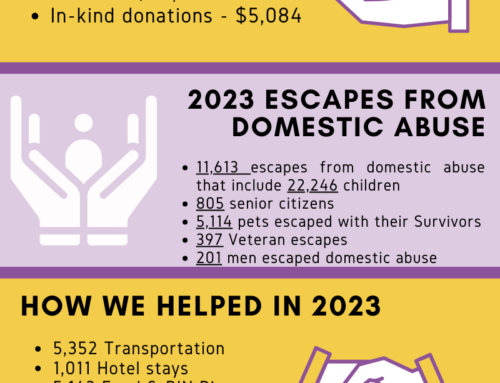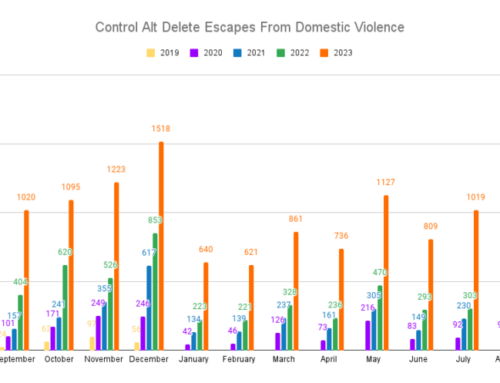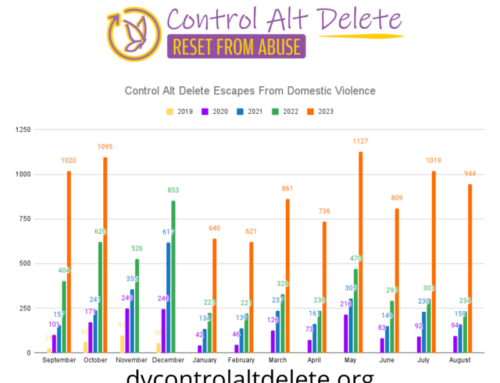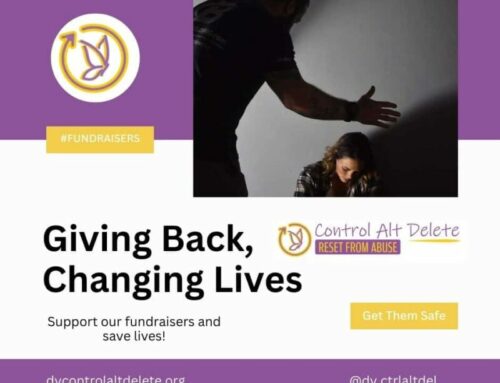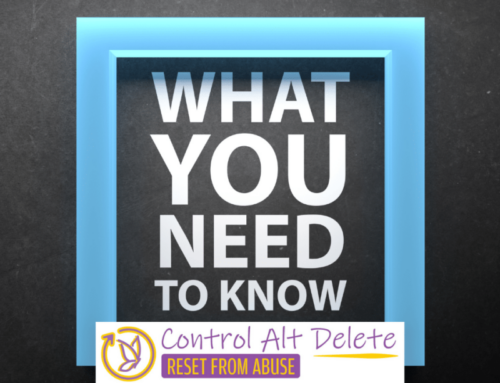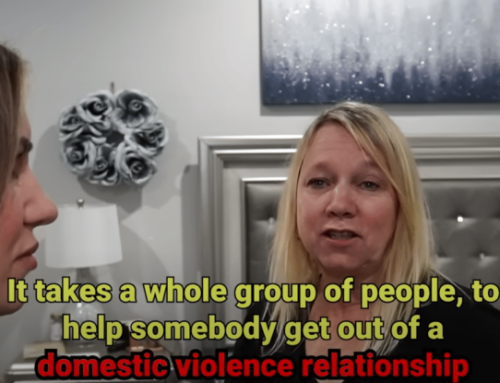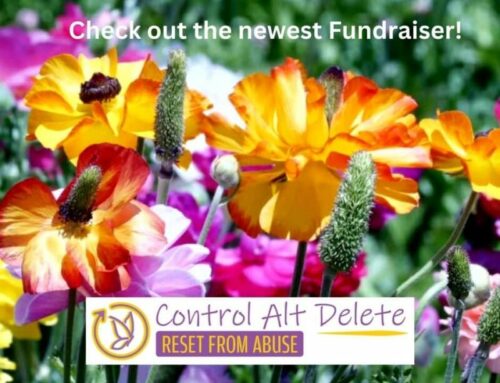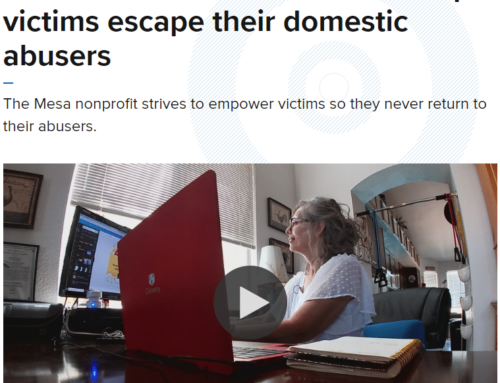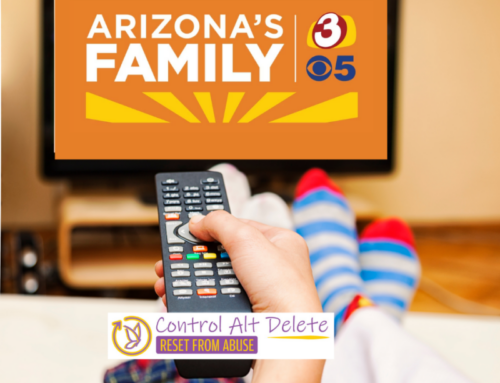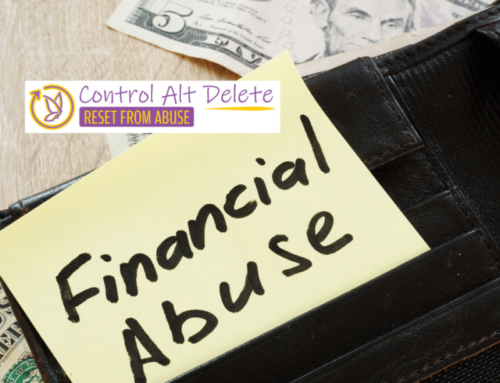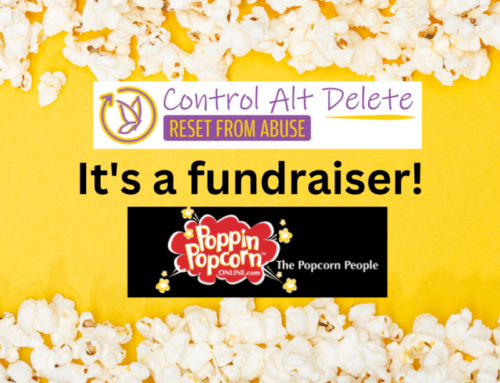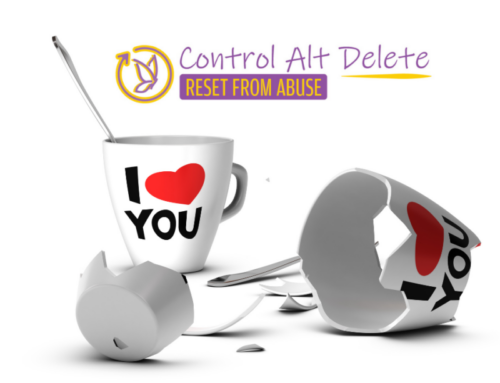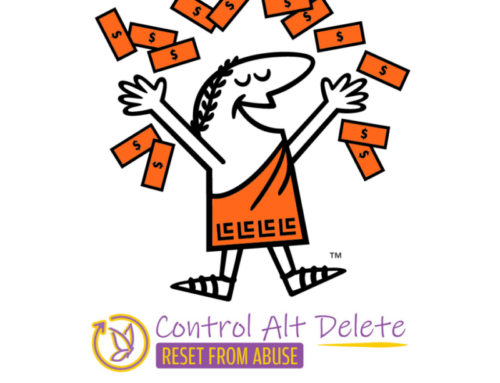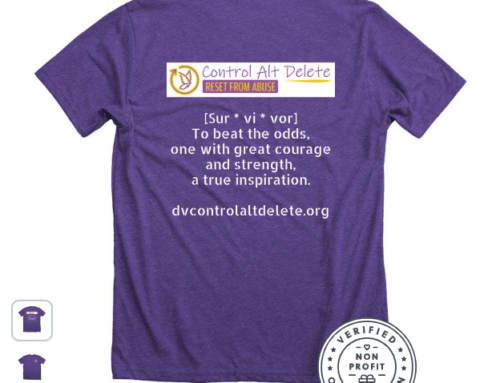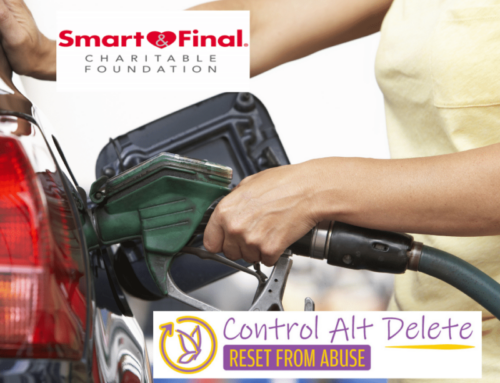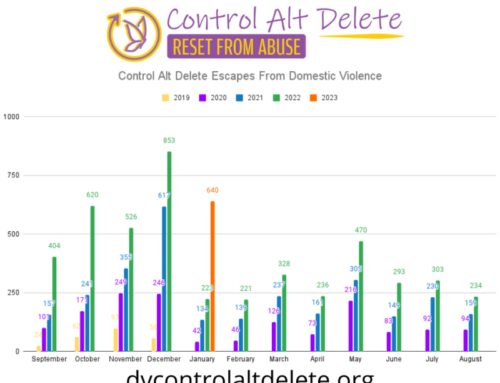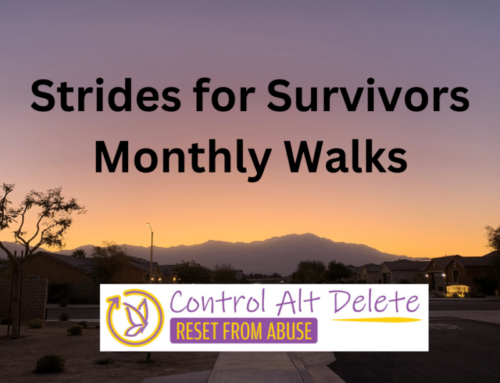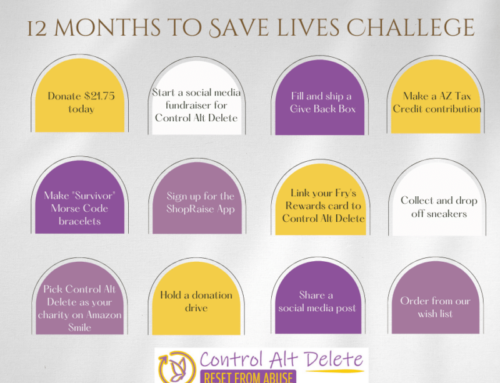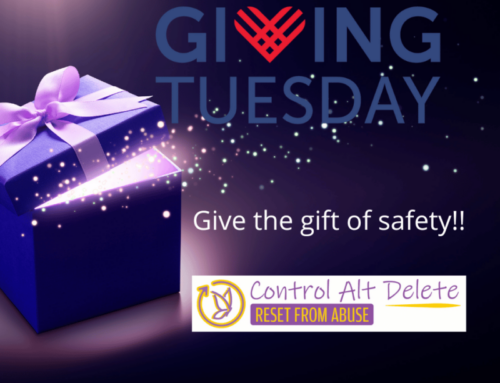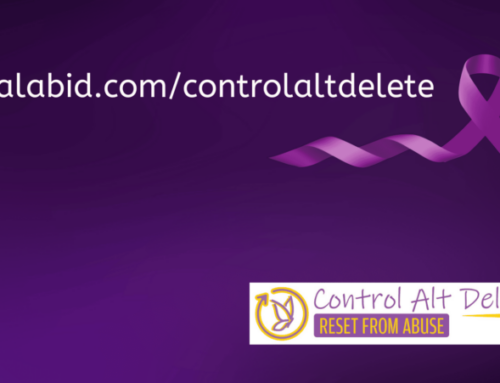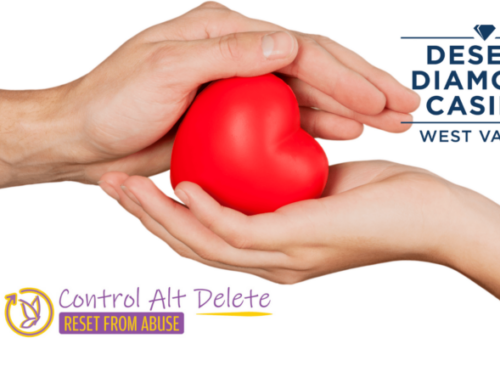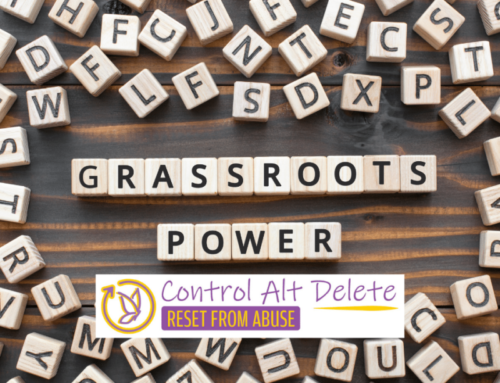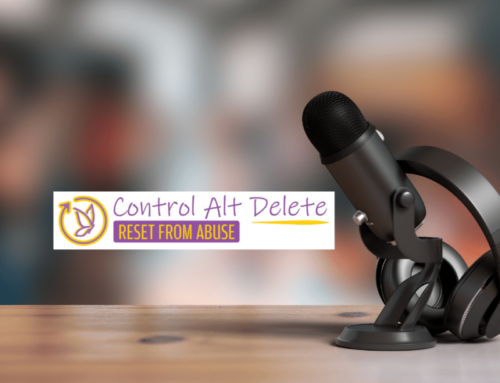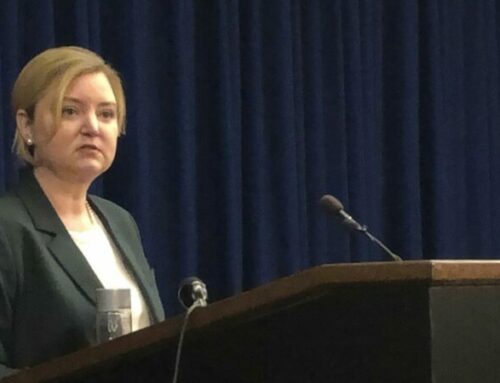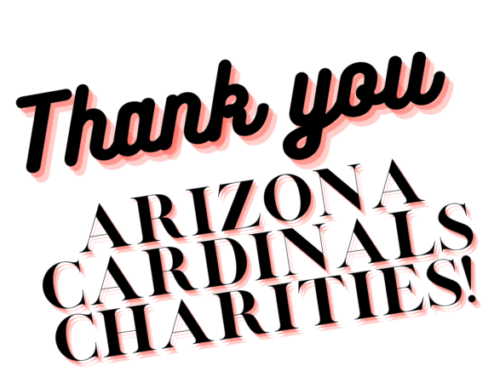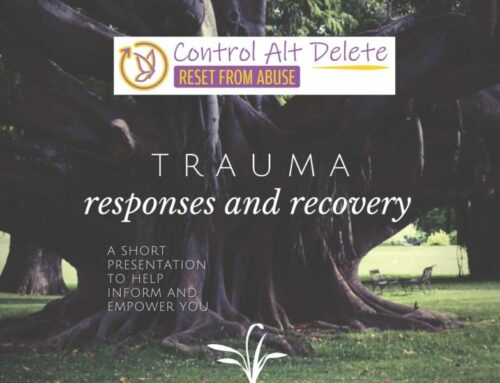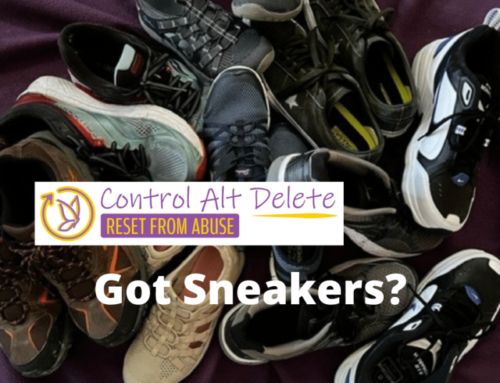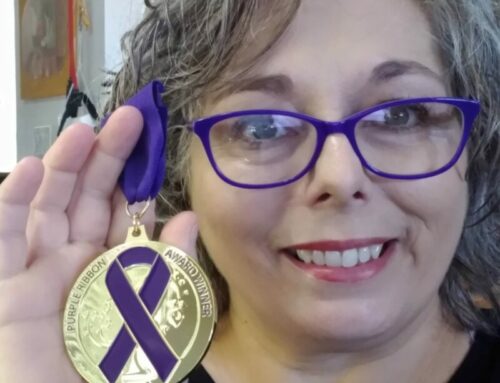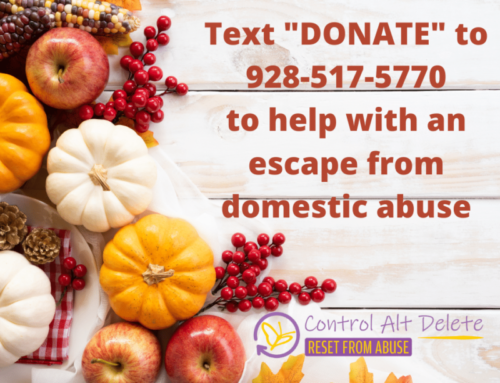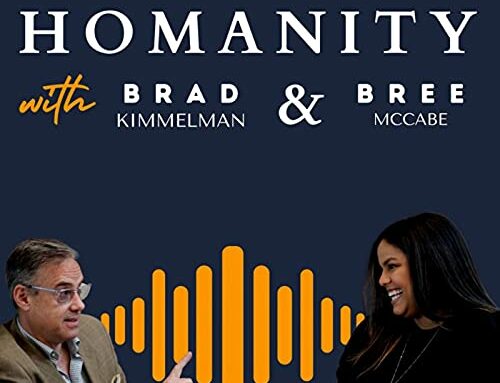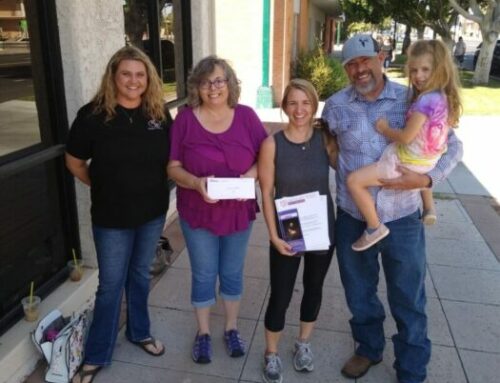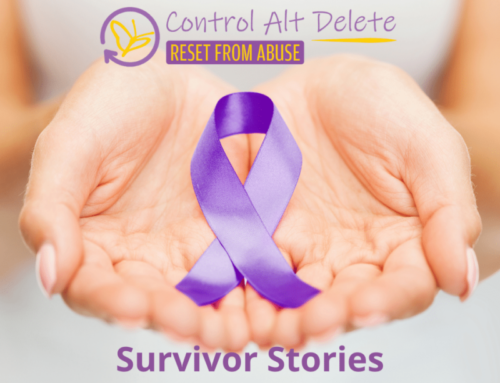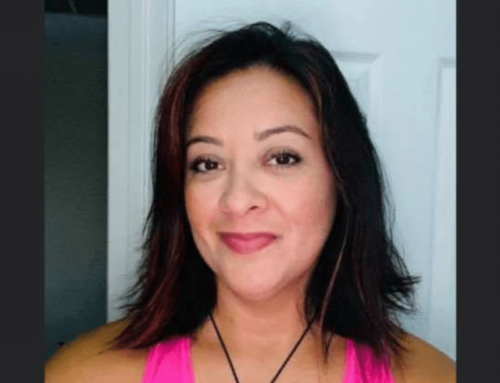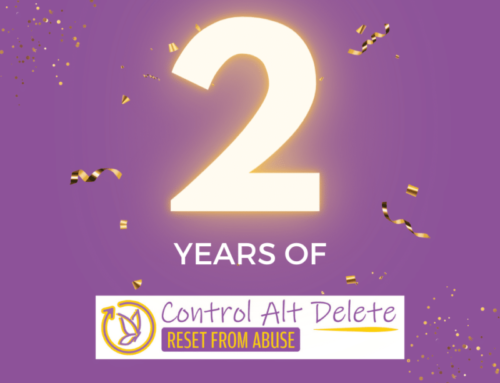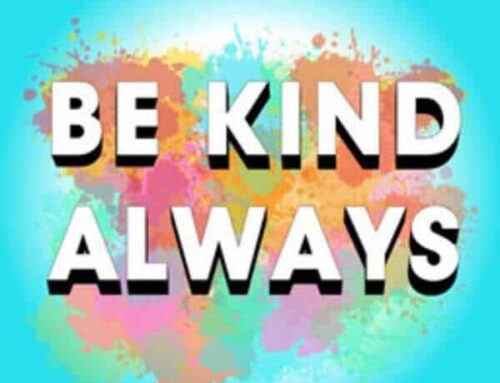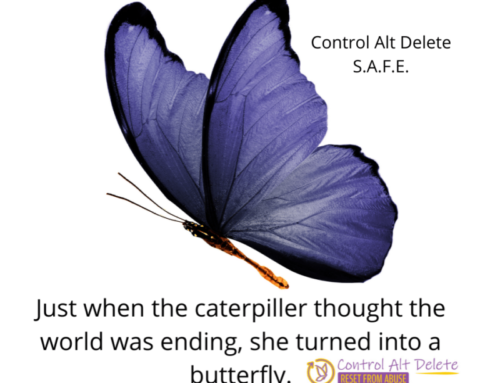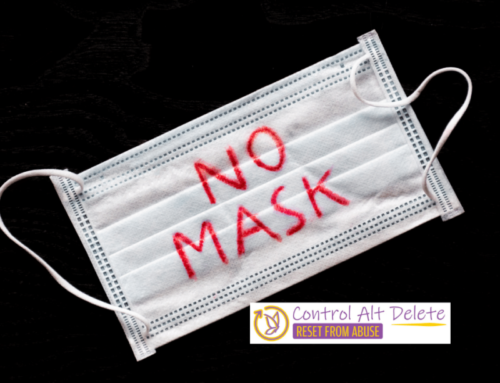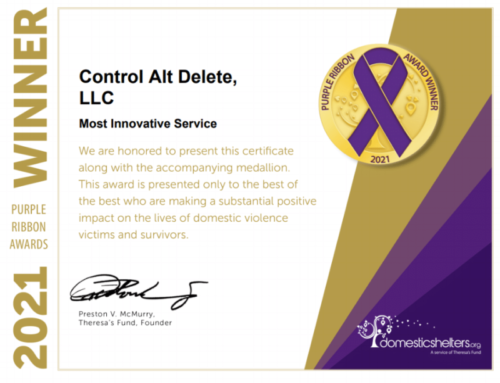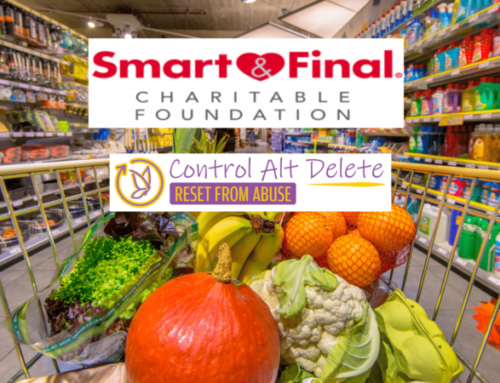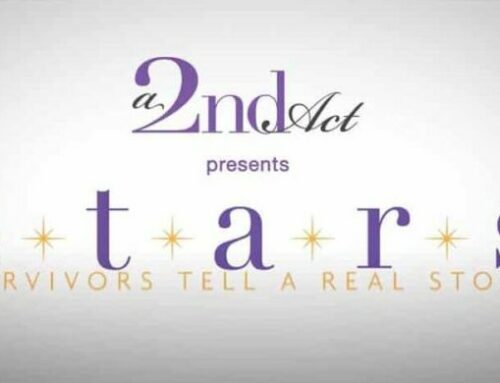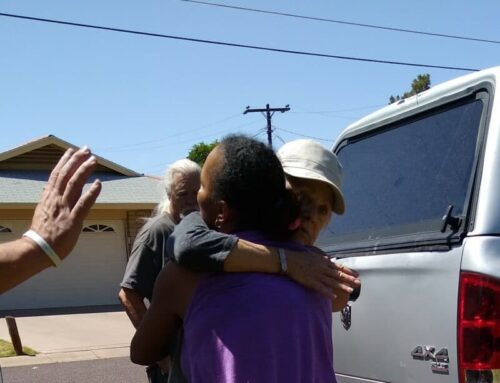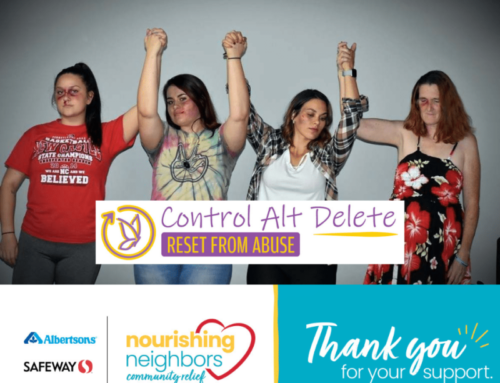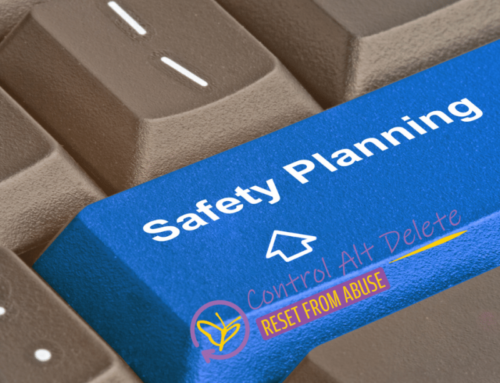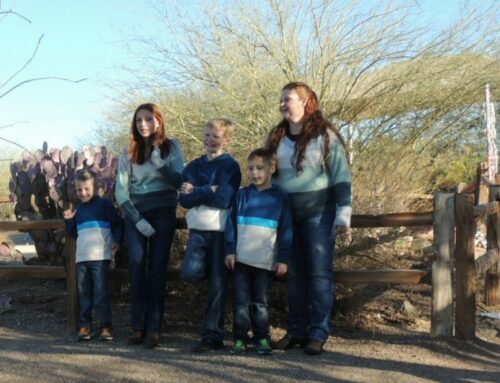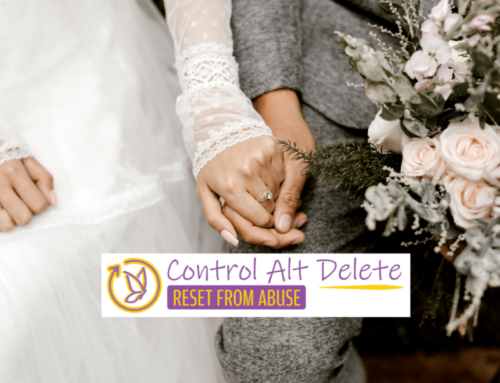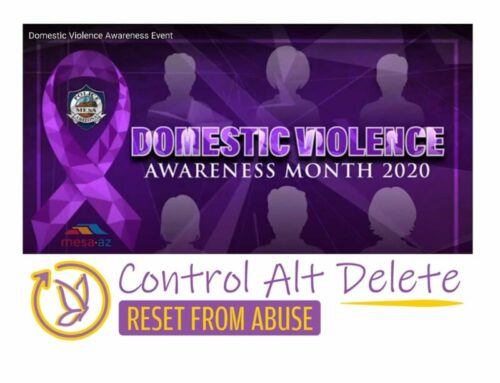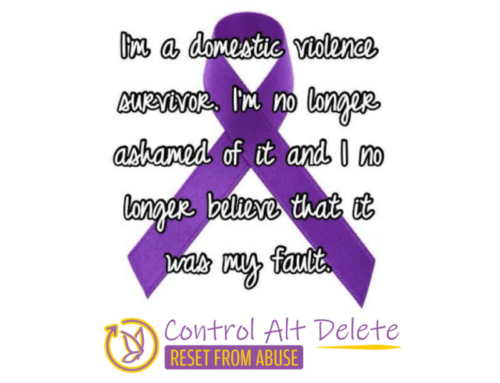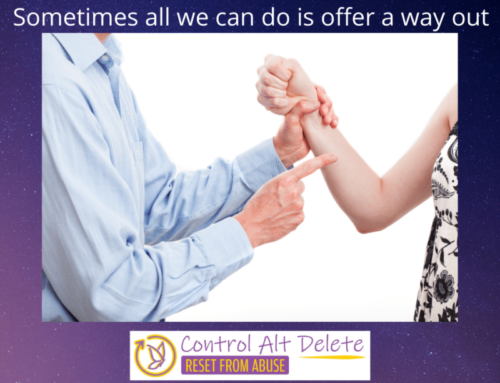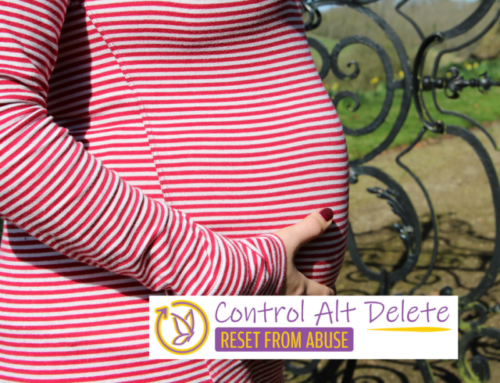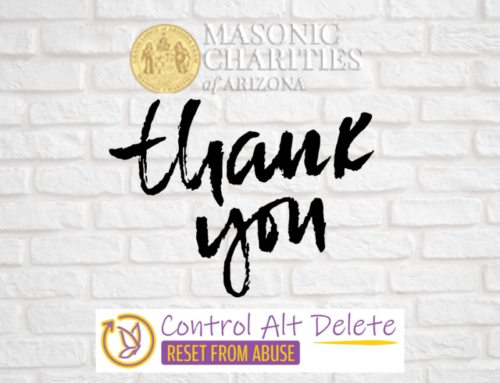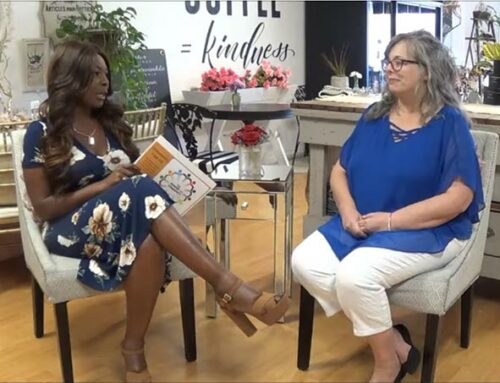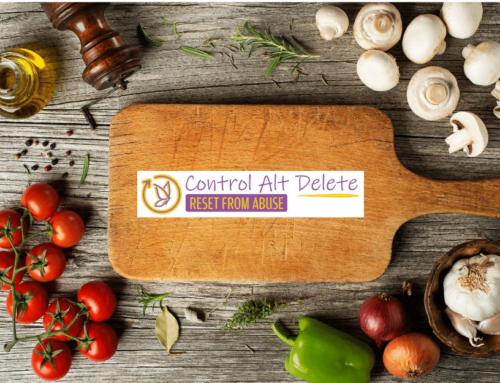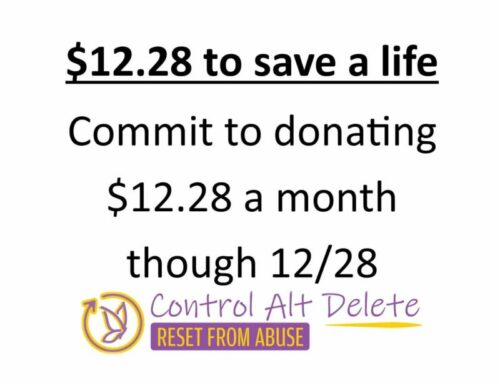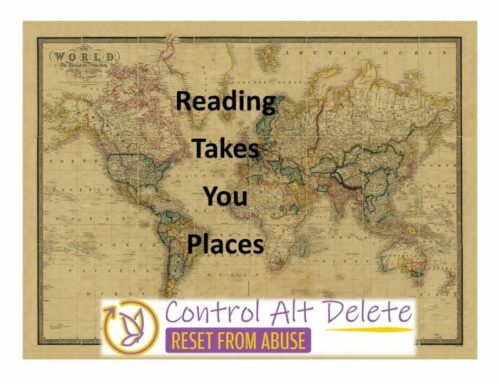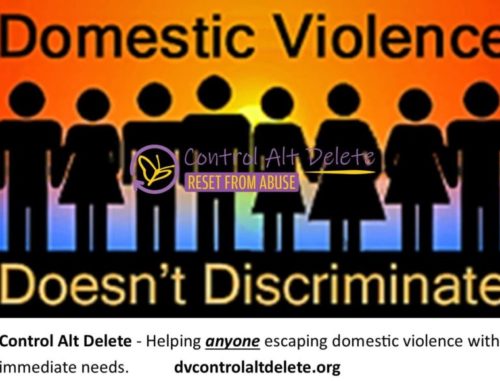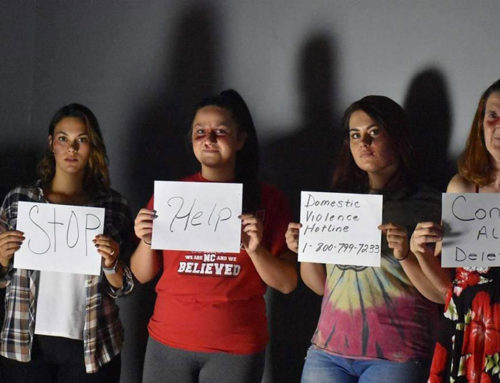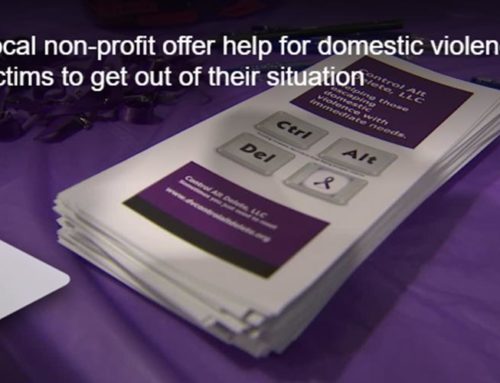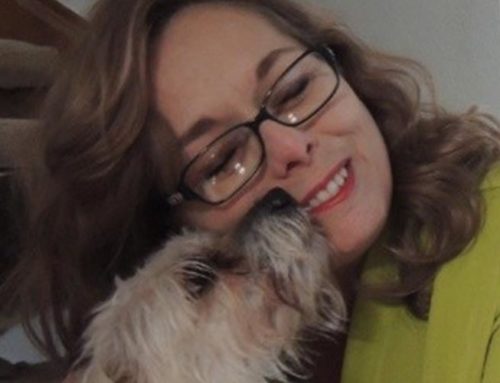Different Childhood Experiences for Siblings
How Siblings Growing Up with an Abuser Live Very Different Lives
Growing up in an abusive household is a deeply traumatic experience, but the impact on siblings can vary dramatically. While some siblings might share similar experiences, others could be shielded from the worst of the abuse, leading to different perceptions of their childhood. Adding to this complexity, favoritism shown to one child can create a toxic dynamic that affects all siblings. The favored sibling might even adopt the abusive characteristics of the parent, perpetuating the cycle of abuse into adulthood.
The Shared Burden of Trauma—And Its Divergent Paths
In abusive households, siblings who endure similar levels of violence often develop a strong bond, united by their shared experiences. They may rely on each other for comfort and understanding as they navigate the fear and instability that defines their daily lives. However, even when siblings face the same events, their coping mechanisms and emotional responses can lead them down different life paths. While one sibling might internalize the trauma, struggling with anxiety and depression, another might act out in rebellion or engage in risky behavior as a way to regain control.
Unequal Exposure to Abuse
A key factor in sibling dynamics is the unequal exposure to abuse. An abuser might target one child while sparing another, or the timing of the abuse might coincide with one sibling’s formative years, while the other is too young to remember. This unequal exposure can result in vastly different perceptions of their shared childhood. The sibling who was less affected might see their upbringing as relatively normal, while the one who bore the brunt of the abuse remembers it as a time of pain and fear.
The Impact of Favoritism
Favoritism is another insidious form of abuse that can have devastating effects on siblings. When one child is singled out for special treatment—receiving praise, privileges, or affection while others are neglected or mistreated—it creates a deep divide within the family. The favored child might be unaware of the extent of their siblings’ suffering, leading them to develop a skewed view of their family life. Meanwhile, the other siblings are left to cope with feelings of rejection, resentment, and inadequacy, further compounding the trauma of growing up in an abusive environment.
Favoritism is not just emotionally damaging; it can also set the stage for the favored sibling to take on the abusive characteristics of the parent. Feeling empowered by their special status, they might begin to mimic the abuser’s behavior, exerting control and dominance over their siblings. This dynamic can extend into adulthood, where the favored sibling continues to perpetuate the cycle of abuse, maintaining power over their siblings in subtle or overt ways.
Different Perspectives on Childhood
The unequal exposure to abuse and favoritism often leads to vastly different perspectives on childhood among siblings. The favored child, or the one less exposed to abuse, might deny that any mistreatment occurred, viewing their upbringing through a lens of privilege and normalcy. They may even shift the blame onto the siblings who suffered more, rationalizing that the problems were due to those siblings’ behavior rather than the abuser’s actions. This denial and blame-shifting can be incredibly painful for the sibling who endured the most abuse, adding another layer of isolation and invalidation to their trauma.
The Impact on Relationships and Trust
These differing experiences often carry over into adulthood, particularly in how siblings relate to others and form relationships. The sibling who faced significant abuse might struggle with trust issues, finding it difficult to build healthy connections. They may battle with Reactive Attachment Disorder (RAD), causing them to love deeply but abruptly end relationships due to fear or insecurity. Conversely, the sibling who was favored might have a sense of entitlement and power because of their privileged position in the family.
In some cases, the favored sibling may continue to exert control over their siblings, using the abusive tactics they learned from the parent. This can create a toxic dynamic that persists into adulthood, with the favored sibling perpetuating the very abuse they once witnessed, further damaging the already strained relationships within the family.
The Role of Support Systems
Support systems are crucial in helping siblings navigate the complex aftermath of growing up in an abusive household. Access to therapy, understanding friends, or mentors can make a significant difference in how they process their pasts. For the sibling who was more affected by the abuse, finding validation and support is essential for healing. For the sibling who was favored or less exposed, education and open communication can help them understand their family dynamics more fully and offer better support to their sibling.
For the favored sibling who may have taken on abusive traits, intervention is key. Therapy and self-awareness can help them break the cycle of abuse, preventing them from continuing to harm their siblings or others in their adult life.
Breaking the Cycle
At Control Alt Delete, we understand the complexities of sibling dynamics in abusive households; we have lived it. We recognize that each person’s experience is unique, and so is their path to healing. Whether you are the sibling who faced the brunt of the abuse, the one who was favored, or the one who struggles to reconcile differing memories of childhood, we understand. Our mission is to help survivors break free from the cycles of abuse, providing the resources and compassion needed to move forward, no matter where they start from.
Conclusion
Siblings growing up in the same abusive household can live very different lives, shaped by varying levels of exposure to trauma, favoritism, and the lasting impact of these dynamics. While one sibling might carry the scars of abuse, another might deny its existence, struggle with feelings, or even perpetuate the cycle of abuse themselves. At Control Alt Delete, we are committed to helping all survivors, regardless of their experience, find their way to healing. By understanding and addressing these differences, we can offer more effective support, ensuring that no one has to face their trauma alone.
